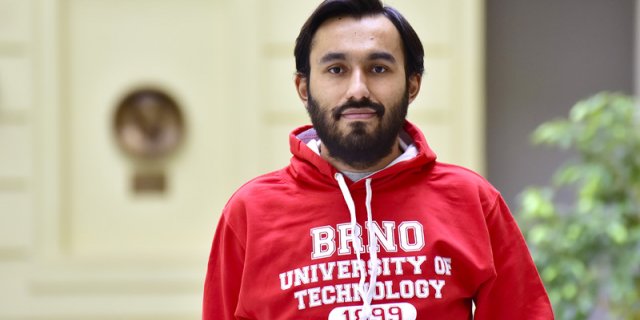Power Systems and Communication Technology

deadline
The study program Electrical Power Engineering and Communication Technologies offers a follow-up master's degree, in which the focus on electrical engineering related to the production, transmission, distribution and use of electricity is combined with subjects of theoretical and practical informatics and communication technology. The association of both knowledge areas created a study program that reflects the demands of current and future development of electricity. The basis are courses focused on mobile and fixed communications, modern network technologies, telecommunications services, or security methods and high-speed multimedia transmissions, as well as the theory of distribution network failures, methods of their protection, power quality and EMC, diagnostics in power engineering. , high voltage technology, operation of electricity production with synchronous alternators as well as operation of renewable sources or the current state and operation of electrical station equipment.
The aim of the study is:
- to provide students with practical knowledge and deeper theoretical foundations of modern telecommunications and information technology in conjunction with the basics of mathematical models for controlling interconnected power systems, power flow calculations and voltage regulation, frequency control and dispatching control and equip them for highly qualified work in power control systems.
- to teach students to use the knowledge of low-current electronics and communication technology in the design of new devices or systems ensuring economical and trouble-free operation of transmission, distribution and industrial networks.

Graduate profile:
The uniqueness of the program lies in the appropriate connection of knowledge in the field of telecommunications, informatics and electricity, where the graduate is not only closely focused on one specific area, but has broader knowledge of information and communication technologies and principles of production, transmission and distribution of electricity. Thanks to this, a high adaptability of the graduate to all specific requirements of his future professional practice is ensured, not only in the field of systems for control, protection and dispatching of power system equipment, but also in a wide range of industrial applications.
The graduate has quality knowledge and skills in the field of communication and information equipment or systems, sufficient control of related knowledge in the design of radio communications, instrumentation or applications of microelectronic circuits and gained qualified knowledge in the design and operation of equipment in power engineering, heavy current electrical engineering and in industry. Graduates of the field will therefore be employed in research and development within the current needs and future development of electricity and communication and information technologies and are also able to hold higher technical-managerial and managerial positions.
Admission requirements:
How to apply
The procedures begin with the submission of an electronic application form. After being filled in, the document has to be printed, signed, and sent out by post (preferably a registered postal service) to the FEEC BUT, including the required attachments.
An application will be considered only if the appropriate charge of EUR 30 has been paid.
When applying, proceed as follows:
- Choose a study programme.
- Fill in the application form
- Pay the charge of EUR 30 (you will receive the details after submitting the application) and send out the signed form, together with all relevant supplementary items, to the FEEC.
The application and charge payment deadline for the academic year is March 31; the supplementary documents to accompany the application form are specified below.
What are the required documents?
- A certified copy of an original degree certificate or an equivalent item of evidence issued by a foreign higher education institution to confirm the completion of studies (a copy of the applicant’s BSc. or BEng. certificate)
- A letter validating the recognition of foreign higher education.
These records (namely, their official hard copies) are obtainable from the competent regional authority and must be delivered to the FEEC in Czech or English, not later than April 15.
Where the applicant cannot provide a certificate of recognition, they are allowed to submit, before or on April 15, and at the fee of CZK 750, a request for the assessment of education compatibility.
If, for any reason, the documents specified above are not deliverable to the FEEC within the deadline, the applicant may seek an extension, via a well-substantiated request to be submitted before or on April 15.
You will find complete information about admission here.
Student Ambassador
 Fabian Alexis Aranguren Campos
Fabian Alexis Aranguren Campos

Other study programmes

deadline
(academic year)

deadline
(academic year)

deadline
(academic year)




